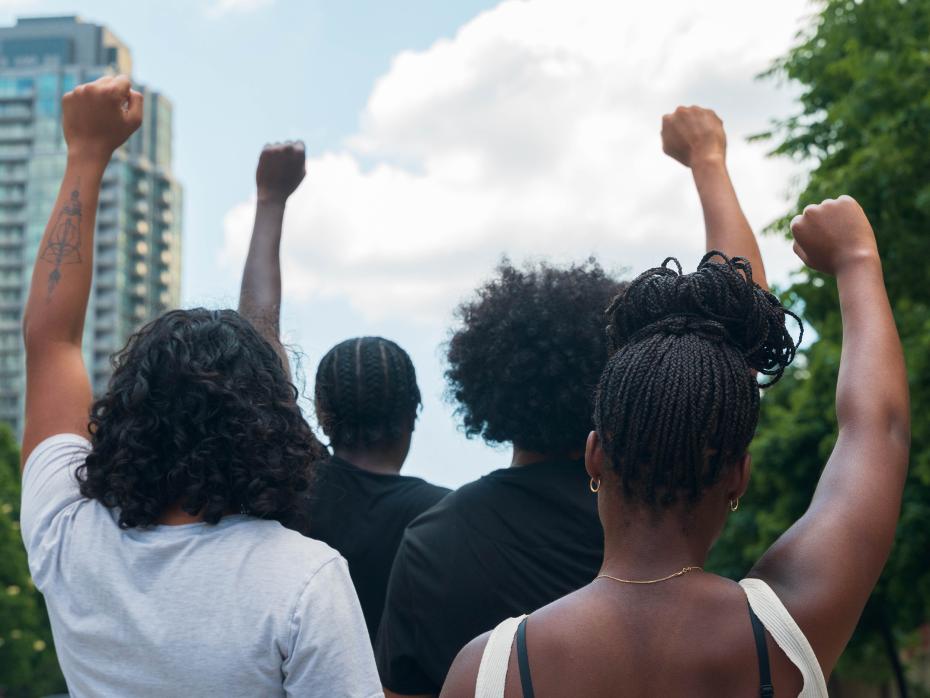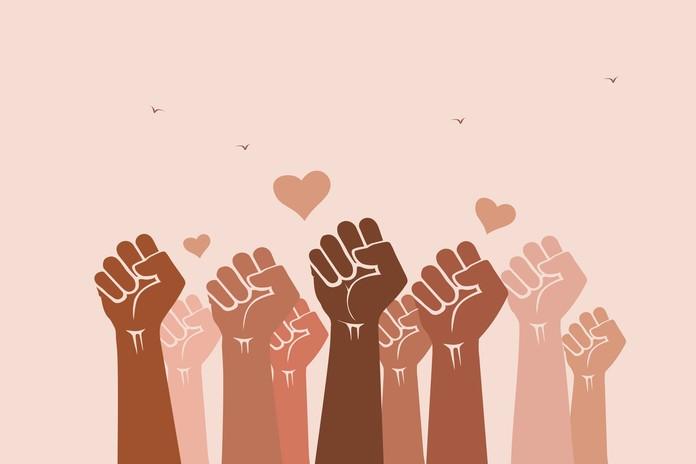
Challenge strategic silencing to improve the experiences of global majority students

Strategic silencing, the deliberate and calculated decision to withhold communication, significant work, ideas or concerns on a particular issue or topic for various reasons, often causes institutions to overlook systemic issues that affect global majority (GM) students. This not only hinders transparency and accountability and leaves these individuals feeling unheard and undervalued, but sends a powerful message about what and who is valued in educational spaces.
Research unequivocally indicates that GM students often feel left out or disconnected from the course material and learning community because their unique experiences and perspectives are overlooked. This not only leads to higher feelings of inferiority compared with non-minority peers but also creates conflicts with those in power, further exacerbating the issue.
Higher education institutions, like society as a whole, have been on a journey of learning, change, and modernisation to address the system’s endemic inequality. However, the impact of strategic silencing on GM students extends beyond academic outcomes and is a fundamental equity and inclusion issue that demands immediate attention.
Accountability
University leaders have a responsibility to foster open discourse and critical thinking, which requires them to uphold freedom of speech. Although they may face pressure to maintain a certain image, they must ensure the presence of robust internal mechanisms and external oversight that promote accountability. Addressing systemic issues requires a multifaceted approach, and while accountability measures are important, they alone may be insufficient. While institutions have policies and procedures that aim to prevent strategic silencing, enforcing true accountability can be challenging because of power imbalances and the potential for retaliation.
We must all encourage and empower individuals to speak up against unfair practices and foster a culture of open communication and collective responsibility. This can include creating safe spaces for dialogue, such as open-source reporting platforms that allow the anonymous submission of information, amplifying diverse voices, and celebrating ethical behaviour. Promoting open dialogue and critical thinking skills is vital for combating strategic silence. It empowers individuals to evaluate information, challenge assumptions and engage in constructive discourse, fostering a culture of transparency and accountability.
Collaborative knowledge sharing
Through my interactions, I have learned that when GM groups share their unique perspectives and experiences, it fosters deeper understanding and appreciation for different cultures and backgrounds. For instance, in many Indigenous communities, the act of storytelling and passing on knowledge through oral traditions holds great importance. This is reminiscent of Augustus Adeyinka and Michael Adeyemi’s 2003 paper, “The Principles and Content of African Traditional Education”, wherein they highlight the significance of oral literature and play-acting as means of learning for students, which still holds significance in several African countries today. This exchange is not just about transferring information; it's a powerful way to challenge stereotypes and dismantle biases.
In 1995, Ladson-Billings introduced the concept of culturally relevant pedagogy, which emphasises using cultural references from diverse student populations to enhance students’ learning experiences. This approach is centred around three key components: academic success, cultural competency, and critical consciousness.
Culturally relevant pedagogy is more than just adding diverse cultural content to the curriculum; it aims to transform the teaching and learning process by empowering students to embrace their cultural identities and use their critical thinking skills to challenge the inequalities that exist in higher education institutions.
White Western educators should attempt to enhance their cultural competency by participating in workshops and reading literature on anti-racism and inclusivity. This self-education is vital because it helps them identify any biases in their teaching methods or curricula promotes a hands-on approach to addressing them. Another key aspect of promoting inclusivity is learning about and correctly pronouncing the names of GM students, which is a small but significant gesture of respect.
- Resource collection: Being Black in the academy
- Spotlight guide: Dealing with division - the polarised university
- Action to improve diversity and inclusion for Black students and staff
Adopting alternative approaches in education can effectively reduce the emphasis on a white-centric curriculum that reinforces stereotypes, maintains power imbalances and promotes a Eurocentric worldview and leads to a distorted understanding of the history and marginalisation of students from GM backgrounds, making them feel excluded or disengaged from the course material and learning community.
Learning to appreciate and celebrate one’s own and others’ cultures can greatly benefit students, leading to a greater sense of belonging and engagement with the curriculum. By embracing diverse cultural perspectives, educators can move beyond a one-size-fits-all approach that fails to engage each student in their most effective learning mode and thereby risks leaving some behind. Culturally relevant teaching does not mean disregarding the viewpoints of white Western scholars solely based on their identity. Rather, it addresses the academic needs of students while also preparing them to question and challenge social injustices and empowering them to become drivers of social change.
Open dialogue
Throughout my career, I have consistently promoted open dialogue by offering colleagues and students different methods for providing feedback. Given the fear of repercussions, techniques for gaining feedback, insights and awareness must be variable. Accordingly, I have used workshops, Q&A sessions, anonymous repositories, drop boxes, mediators and development programmes to attempt to create safe spaces to talk about topics of concern and surface ideas on how to resolve them. I have always tried to respond positively to concerned voices to help individuals feel that they are being heard and taken seriously and to give them confidence that full investigative activity will take place.
Universities have the power to create a more inclusive and empathetic world by promoting open dialogue, accountability and cultural diversity. By shifting knowledge production practices and enhancing cultural competence, we can inspire a deeper understanding of how power structures are (re)produced and disrupted. This approach empowers students to question their own identities and explore new perspectives, fostering appreciation and respect for viewpoints that exist outside traditional knowledge frameworks. Through this, we can cultivate a stronger sense of community where everyone feels valued and included. Let’s work towards a future where universities lead the charge for lasting change, echoing their impact far beyond academia into the broader world.
Christina Dzineku is an independent doctoral researcher, lecturer and consultant. Craig Mahoney is a professor and chief executive officer of The Education Group and former vice-chancellor at the University of the West of Scotland.
If you would like advice and insight from academics and university staff delivered direct to your inbox each week, sign up for the Campus newsletter.


